
A term soft diet is used to describe foods that certain patients need to consume. Soft food is usually soft in texture and low in fiber content, good for people who have problems chewing or swallowing hard foods since this food can be swallowed easily. Soft Diet for Patient Recovery
Some people have undergone a surgery recently and they definitely need soft food since they cannot chew hard foods.
This form of food can be mashed, pureed, mixed with sauce etc. However, soft diet food list is not the same for every patient. This means that a person who, for example, has just had a gastric bypass will not eat the same food as the person who has had his/her tooth extracted.
In fact, patients who have just had a surgery or patients who cannot move should not consume spicy, highly seasoned, fried foods and foods such as cereals and breads.
As we have already mentioned, soft diet food list varies from patient to patient. Nevertheless, if you are on a soft diet, there is a list of all sorts of food that you can consume.
Fruits like poured berries, apple sauce and bananas are good for you, but you should avoid fruits that contain seeds and skin.
On the other hand, vegetables you can have are naked beans, mashed pumpkins, asparagus, skinned and mashed potatoes, skinned tomatoes and avocados. Vegetables such as onions, pinto beans, cabbage and broccoli will make you accumulate gasses, so these are not the best choice.
Also, you should not consume raw vegetables. Bread is generally a hard food but French toast without crust, pancakes and soft bread without crust are the ones you can eat.
As far as grains are concerned there is a list of which ones you can have too. Cooked grains like cream of wheat, grits and oatmeal are permitted. If you are undergoing soft diet, you can also consume macaroni, smooth peanut butter and cooked pasta.
Of course, you can also have some eggs and meat such as soft boiled or scrambled eggs, broiled or stewed turkey or chicken, cooked tuna, salmon or white fish without bones, tender cooked liver, beef, lamb or veal, and ground meat.
Furthermore, dairy products that fit into soft diet food list are mayonnaise, cream, butter, cream cheese, mild and cottage cheese, tofu and yogurt.
There are some beverages that you can consume and these would be broth, soups (creamed soups), vegetable juices, milk shakes, chocolate milk, herbal tea, tea, coffee and milk. It is not good for people who are recovering from gastritis to consume drinks with caffeine.
If you want to have desserts, you could have cream pies, fruit mousse, homemade trifle, honey, gelatin desserts, pudding and ice-cream and you should avoid desserts that have nuts and coconuts in them. Pu-erh Tea Effects in Soft-Diet
Pu-erh tea is a special variety of Camelia sinensis (the tea plant) with large leaves. This is the same plant used for green or black tea, but it comes from Pu’er county in China and thus the name. The tea is also known as Pu'er, Puer or Bolay tea.
Usually, pu-erh tea is left to ripen, and that sort of aged tea is known as shu pu-erh tea. Aging process takes literally years.
The best pu-erh teas are sold much like finest of wines, according to the year and place of origin and are 10 to 50 years old, some being even much older.
Pu-erh tea’s active component is caffeine. This substance is known to stimulate the central nervous system (CNS or brain), the heart and muscles. It is proven that this tea contains antioxidants and other active ingredients, helping to protect the heart and blood vessels.
However, people with heart problems, anxiety, glaucoma, bleeding disorders or osteroporosis should not take this tea.
Namely, Pu-erh tea in high quantities (5 or more cups a day) might cause the same effects as too much coffee. Caffeine from the tea (or coffee) might lead to headache, sleeping problems, confusion, irritability, nervousness, vomiting, diarrhea, dizziness and sometimes even seizures. It could also affect the heart, causing heartbeat irregularities and heartburn.
Pu-erh tea can be used by pregnant women, but in smaller amounts (less than 3 cups per day). More than that it might harm the baby, cause premature birth or low baby weight. Children might also use this tea, in small doses. Ultimately, people who consume this tea on a regular basis, while at the same being on a soft food diet may experience faster weight loss. In fact, many have used this tea as a form of a diet, helping them lose the unwanted pounds. Thus, if you combine it with soft food diet, the effects of this tea are bound to be more prominent.
To conclude, people usually undergo soft diet programs once they have had a surgery which made them incapable of chewing harder forms of food. There are many different types and categories of soft food and most of these have been mentioned above.
Thus, if you find yourself in a situation where opting for soft food is a necessity, keep the lines you have just read in mind.


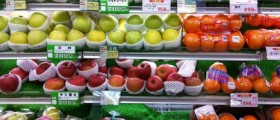
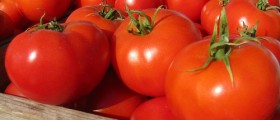

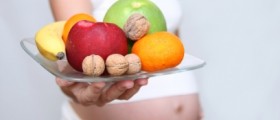
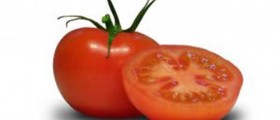
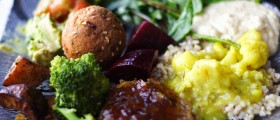
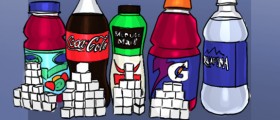

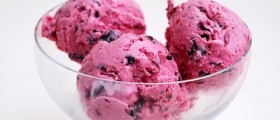

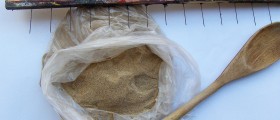
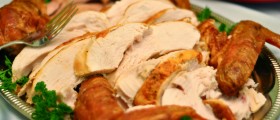
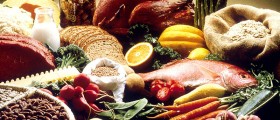
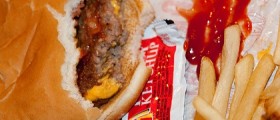
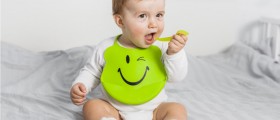
Your thoughts on this
Loading...